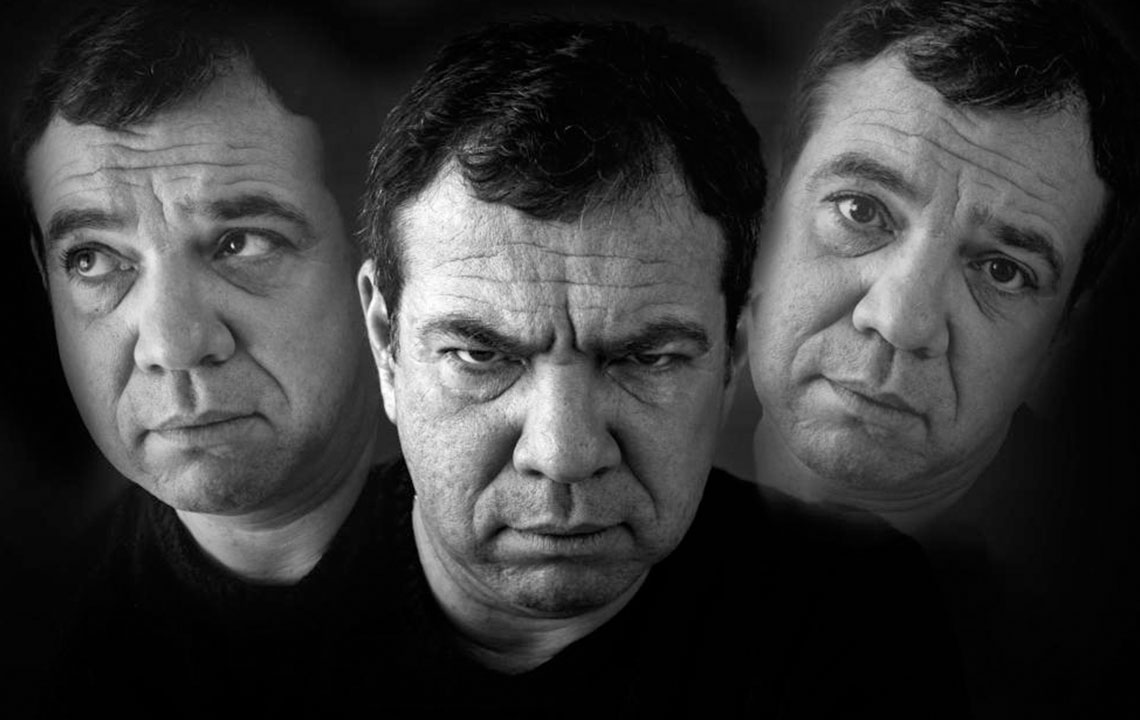Recognizing Common Indicators of Schizophrenia
This article provides a comprehensive overview of Schizophrenia signs, early symptoms, and common misconceptions. Recognizing these indicators can lead to timely intervention, improving patient outcomes. It emphasizes the importance of understanding the disorder for supportive care and highlights effective treatment options to manage symptoms and enhance quality of life.
Sponsored

What is Schizophrenia?
This complex neurological disorder affects about 1 in 300 people worldwide, impairing their ability to perceive reality accurately. Although less common than other mental health issues, Schizophrenia can interfere with thinking, emotional regulation, daily functioning, and social interactions.
Common symptoms include delusions, disorganized speech, hallucinations, diminished motivation, and cognitive difficulties. While the typical age of onset varies—late teens to early 20s in men and late 20s to early 30s in women—early identification is crucial. Proper treatment and support enable many individuals to lead independent and rewarding lives.
Initial Signs of Schizophrenia
The disorder may develop gradually, often starting with subtle behavioral changes that family and friends notice. During the prodromal phase, sleep patterns, emotions, motivation, communication, and thoughts may shift, with individuals appearing withdrawn, moody, or eccentric. Early warning signs include:
Hostility and sensitivity to criticism
Social withdrawal and feelings of depression
Flat affect or limited emotional expression
Unusual emotional responses like laughing or crying unexpectedly
Sleep disturbances—insomnia or oversleeping
Difficulty concentrating and forgetfulness
These signs are not exclusive to Schizophrenia but warrant professional evaluation if persistent.
Key Symptoms of Schizophrenia
Symptoms can vary in severity and presentation. Not everyone exhibits all signs, and symptoms may change over time. The primary indicators are grouped into five categories:
Hallucinations: Sensory experiences without external stimuli, most often auditory—hearing voices that are usually related to known individuals and worsen when alone.
Delusions: Fixed false beliefs resistant to evidence. Common types include grandeur (believing oneself to have special abilities), reference (thinking media messages are personal), persecution (believing others are out to harm), and control (feeling one's thoughts or actions are externally controlled).
Cognitive Impairments: Difficulties organizing thoughts, memory issues, and trouble completing tasks, which impair daily functioning and social interaction.
Disorganized Speech: Incoherent or irrelevant responses, difficulty following conversations, neologisms, or repetitive speech.
Negative Symptoms: Diminished emotional expression, lack of interest in activities, reduced speech, and social withdrawal. In rare cases, catatonia—lack of movement or response—may occur.
Common Misconceptions
Myth 1: People with Schizophrenia are violent.
Fact: Most individuals are not violent and generally do not pose a threat to others.
Myth 2: Schizophrenia is split personality disorder.
Fact: They are different conditions; Schizophrenia involves distorted perception of reality, not multiple identities.
Although there is no definitive cure, early diagnosis and treatment, including psychotherapy and medication, can effectively manage symptoms, improving quality of life for affected individuals.






